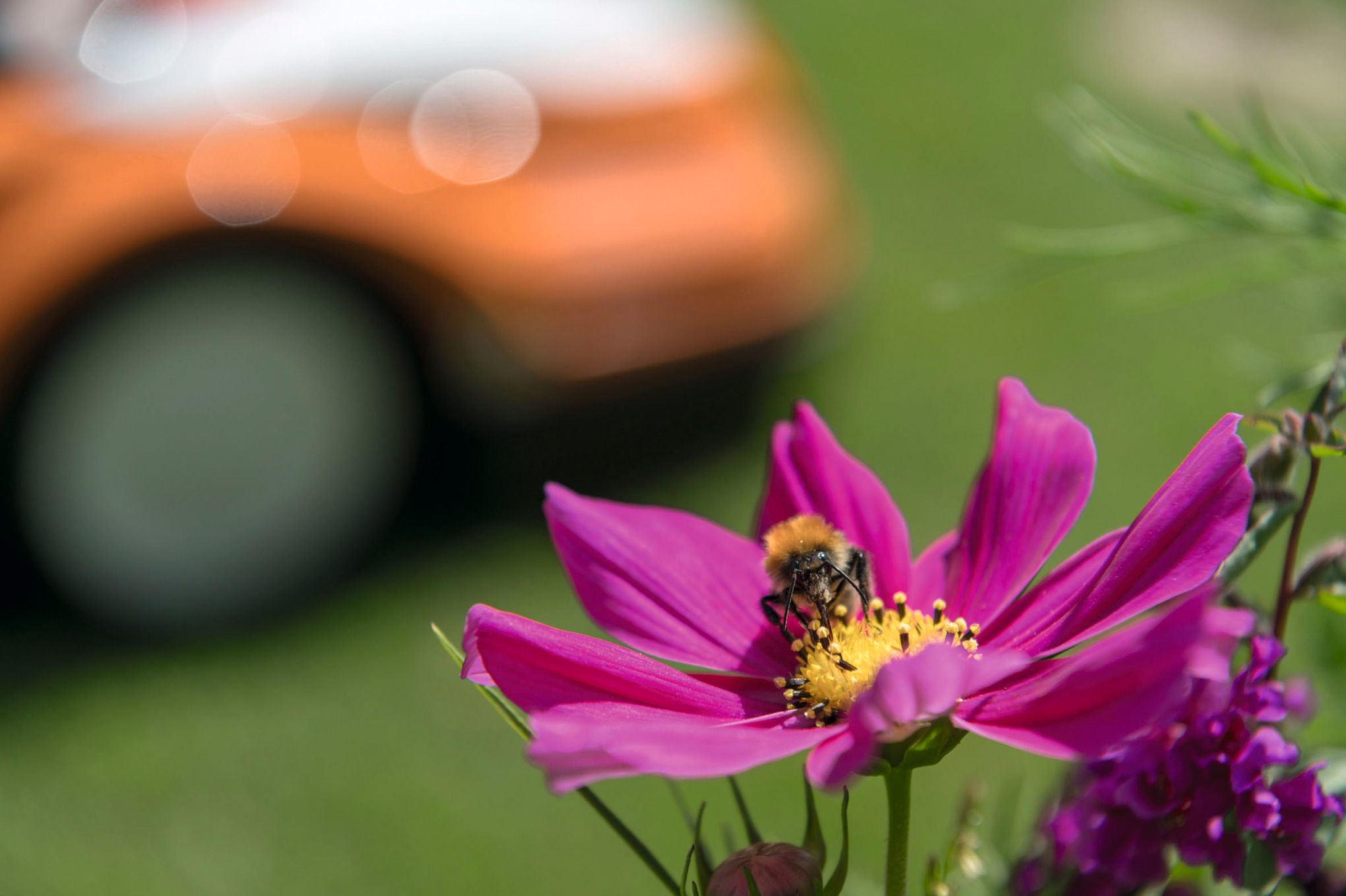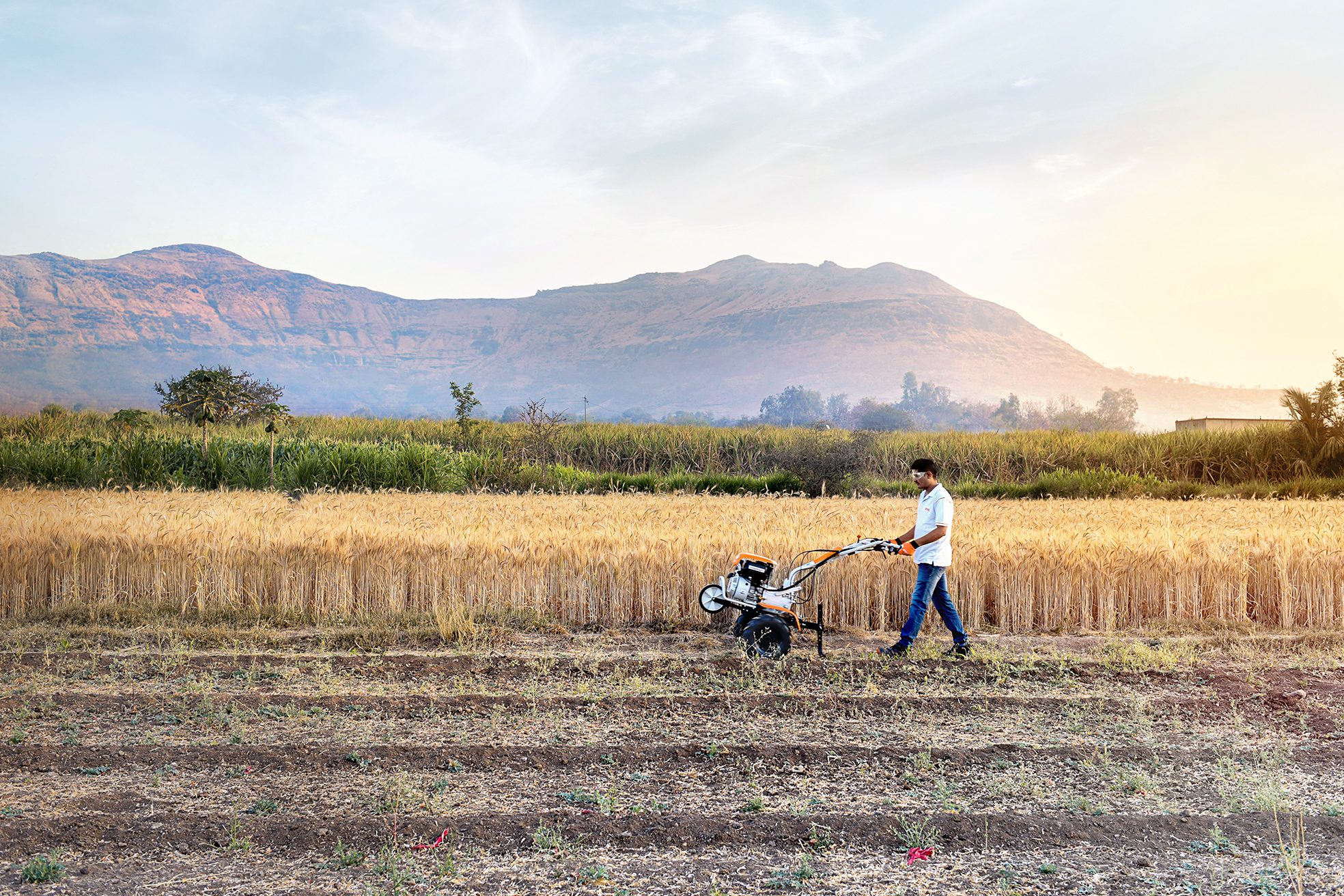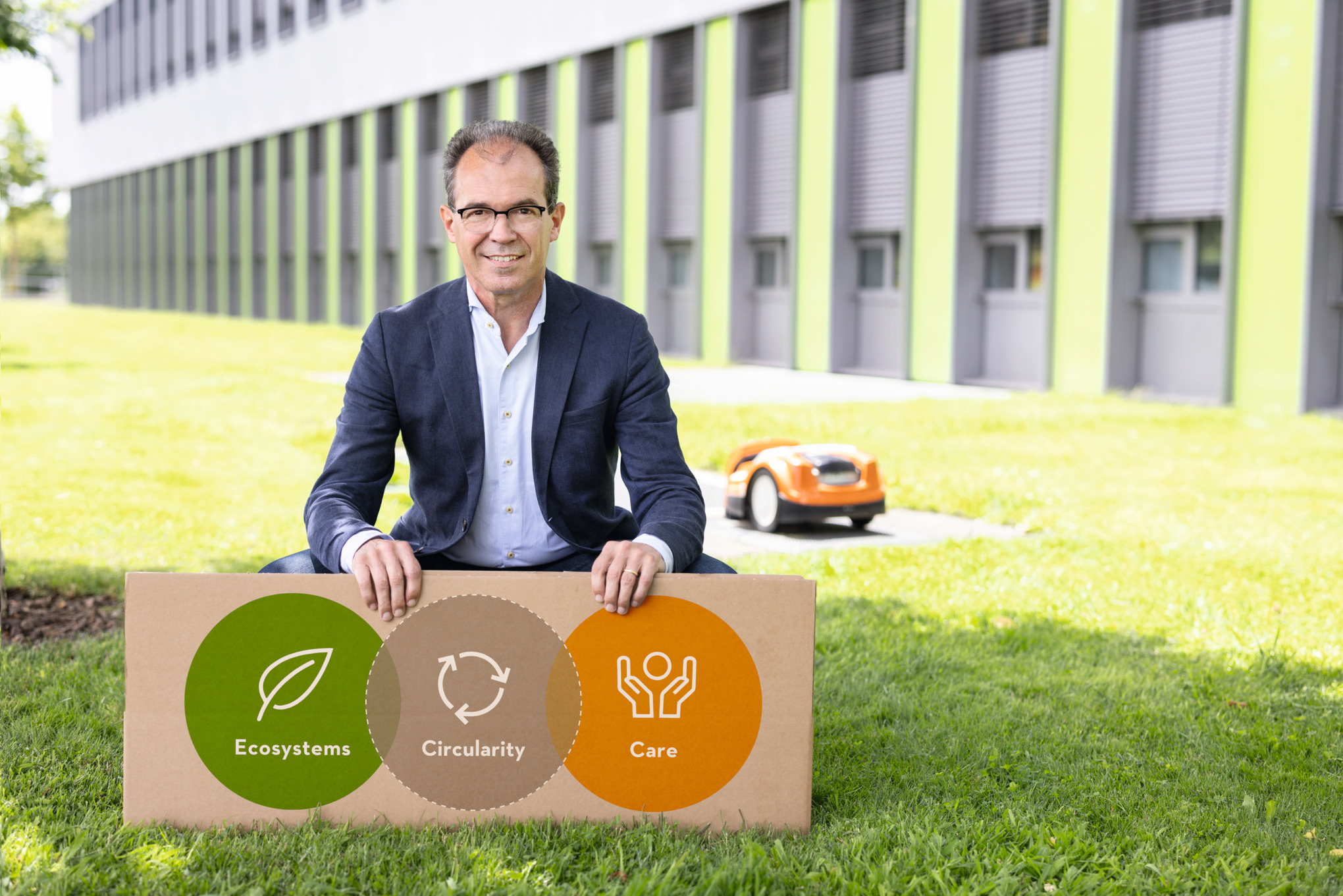Heckenretter: Artenvielfalt und Klimaschutz am laufenden Meter
The Hamburg-based Heckenretter registered association is dedicated to the task of planting wild hedges next to farmed fields and maintaining them in a manner that respects nature conservation. This creates new habitats for different wildlife species but also additional carbon stores, because hedges capture CO2 exactly as forests do. At the same time, they help farms adapt to climate change by protecting hedges from soil erosion and stabilizing the water balance. The association, founded in 2020, also wants to develop a circular economy centered around these wild hedges: Hedgerow fruits – elderberries, rosehip, cornelian cherries and sloes – would be processed into high-quality products, the sale of which in turn can co-finance the care of wild hedges.
In 2023 STIHL supported Heckenretter with products for maintaining wild hedges, including an HLA 66 battery hedge trimmer and two FSA 135 battery brushcutters.
To find out more about the Heckenretter association go to: www.heckenretter.org




